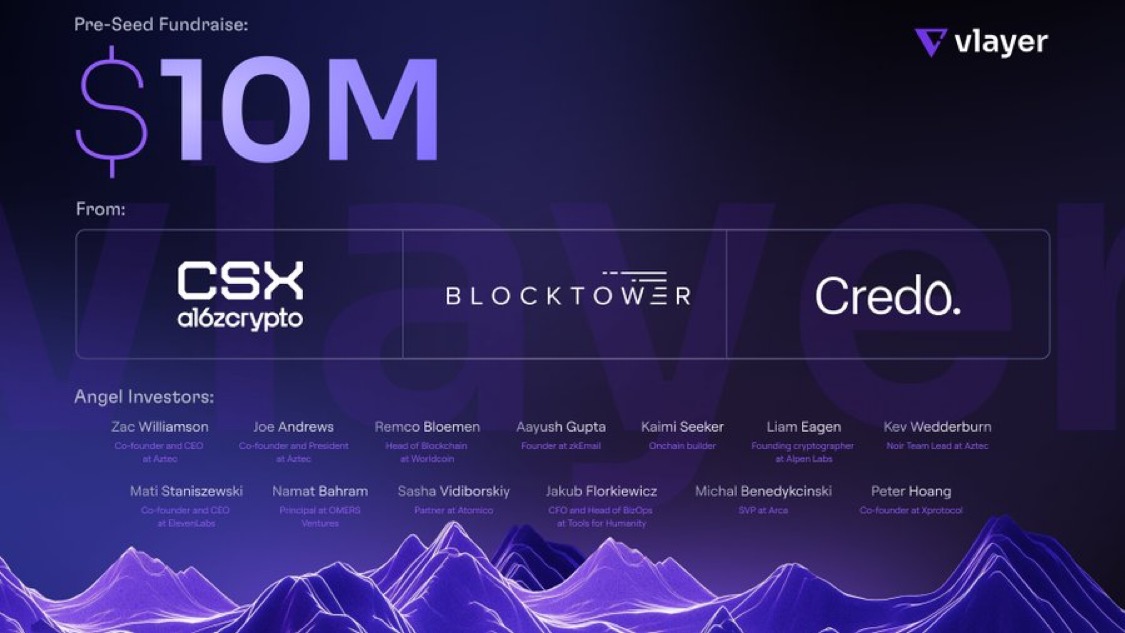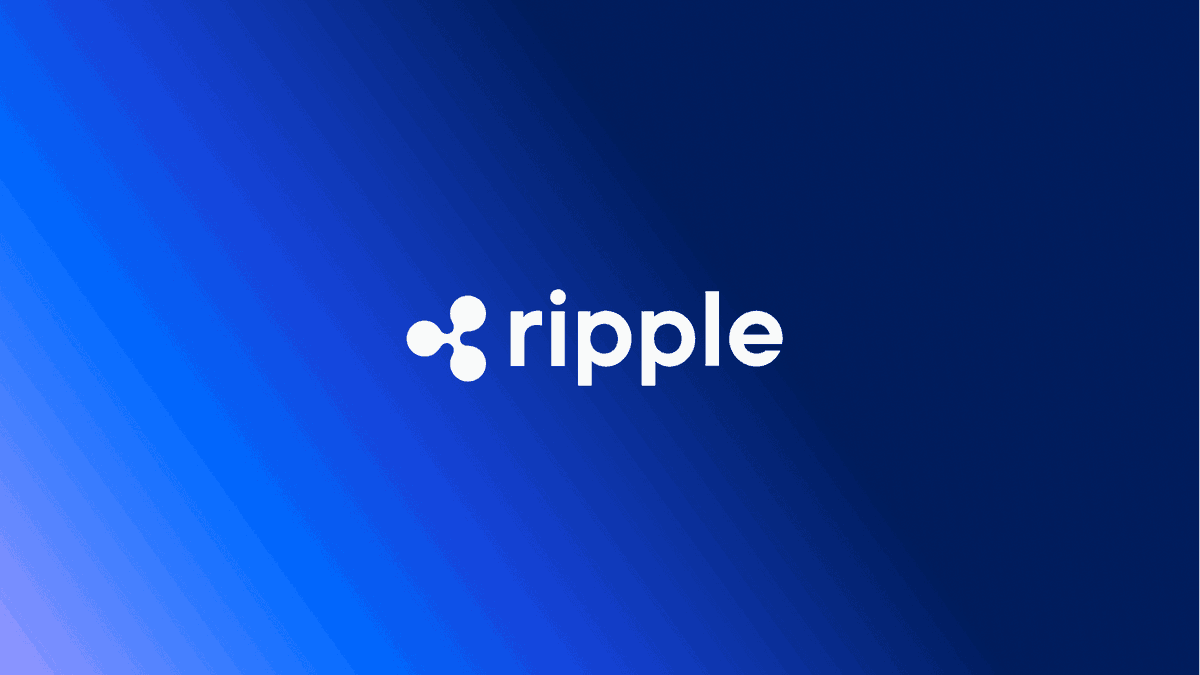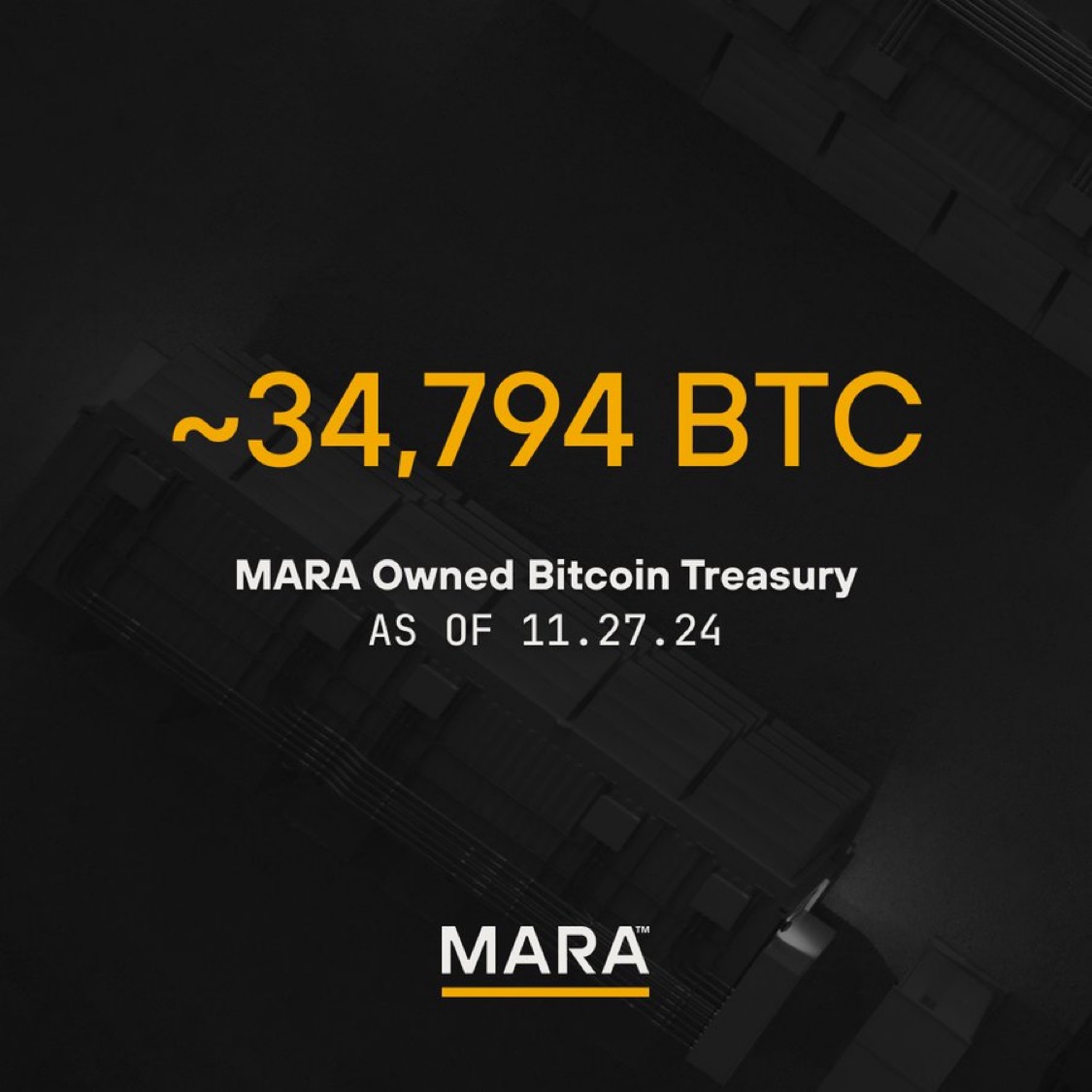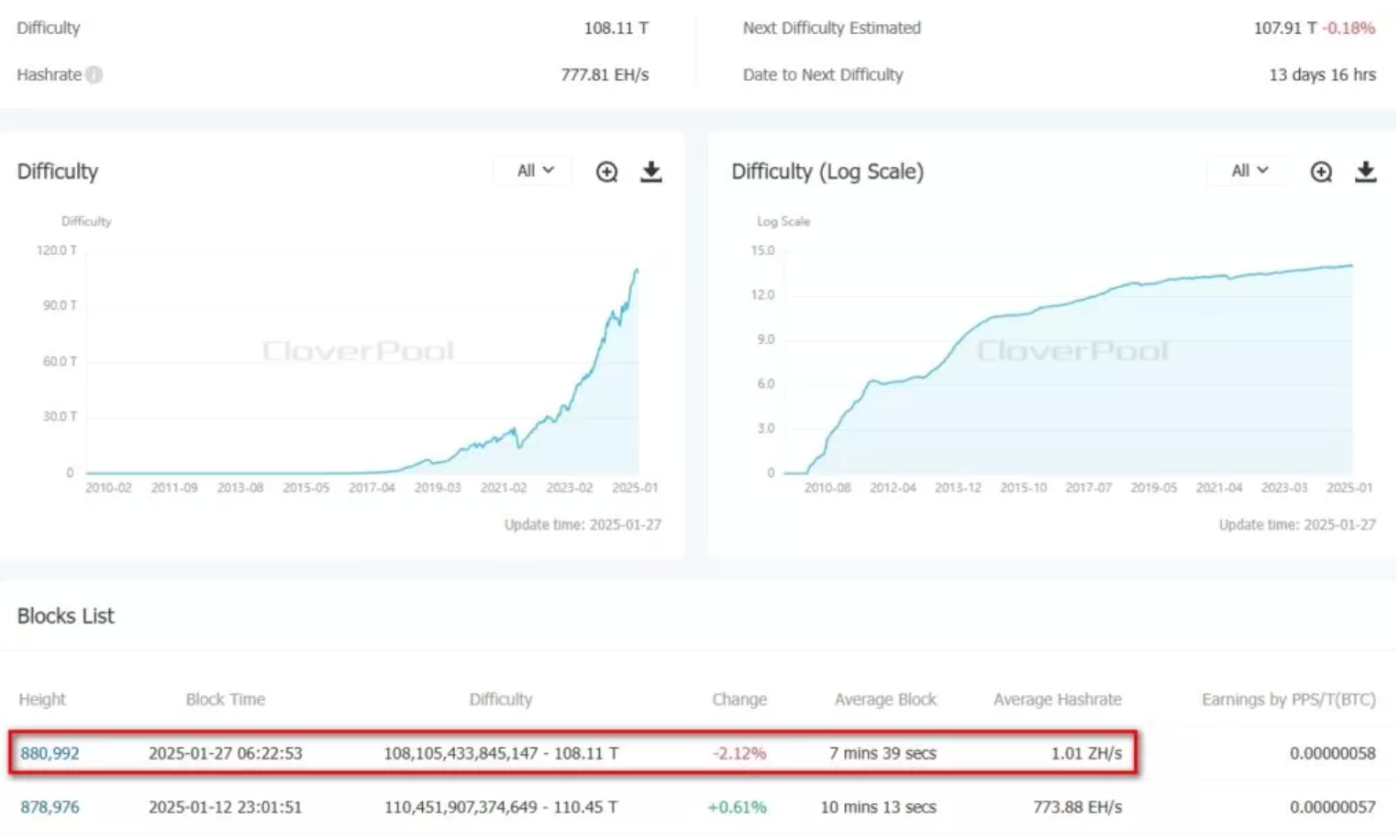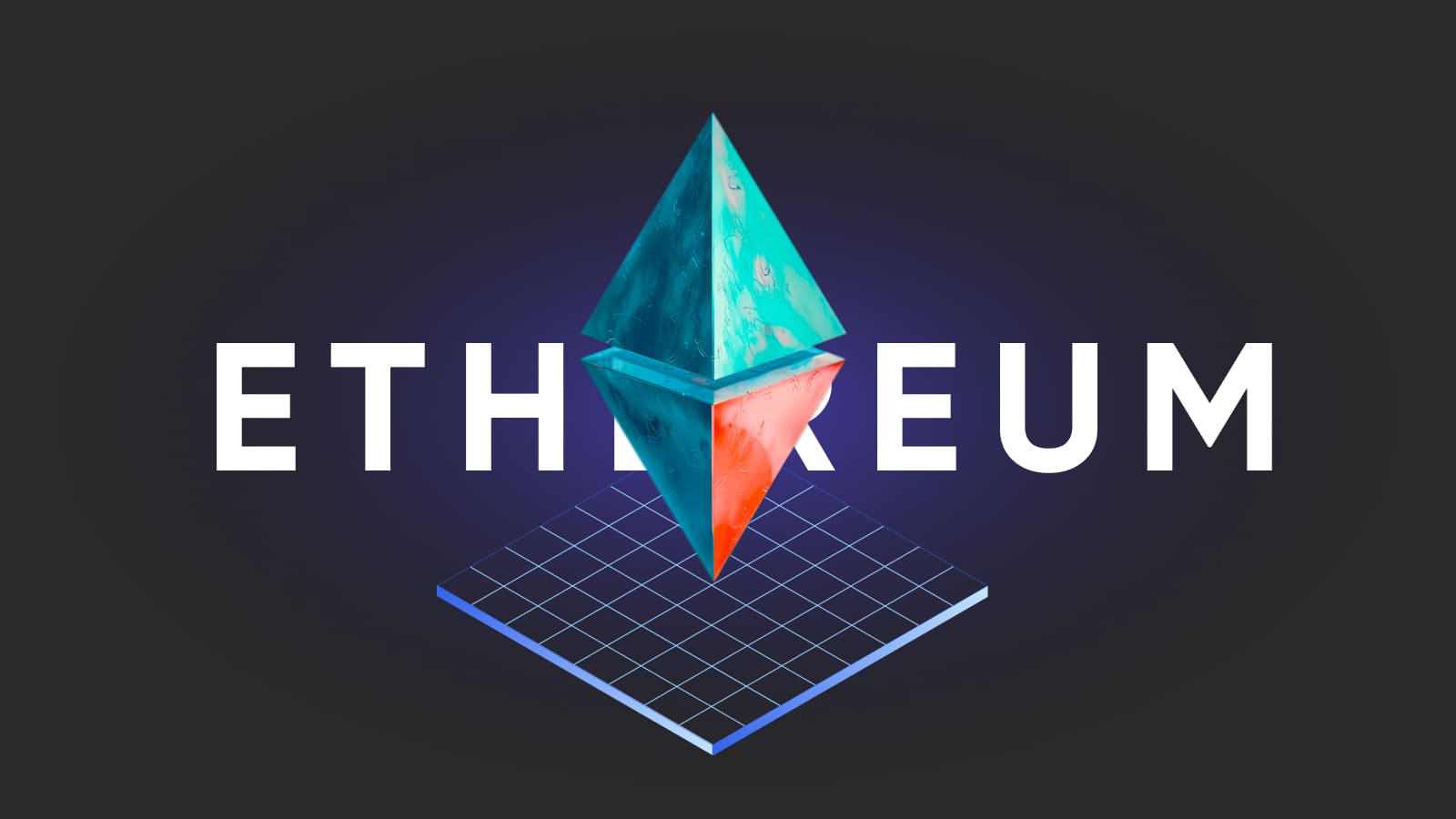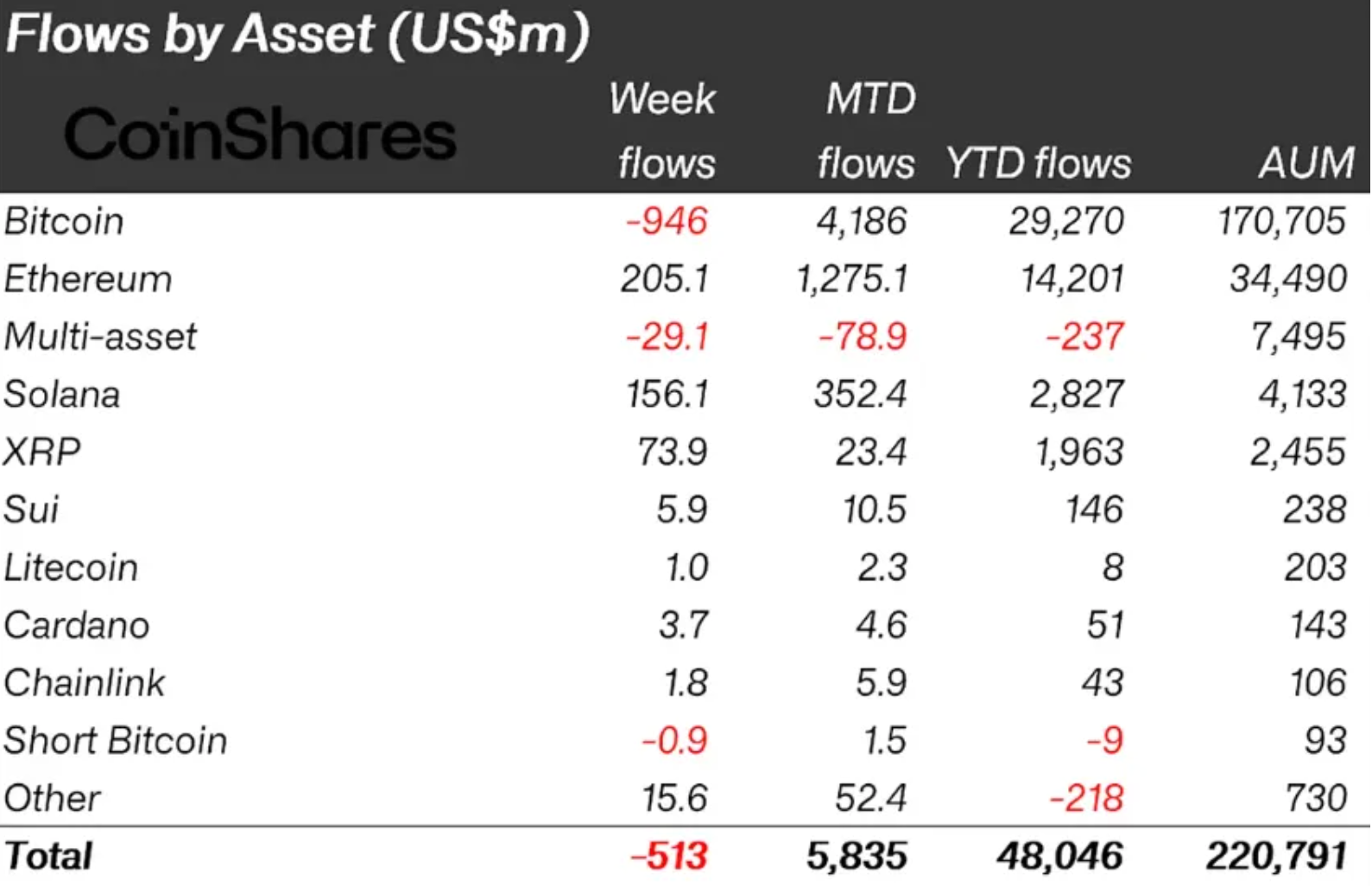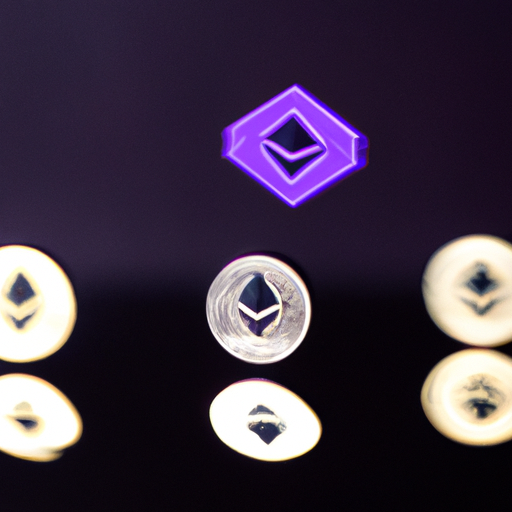Crypto startup Vlayer has introduced a project for a new version of the Solidity programming language, aimed at enhancing the functionality of Ethereum smart contracts. Solidity 2.0 is being developed to integrate verifiable real-world data, significantly expanding the blockchain’s capabilities.
The project has already raised $10 million in funding from major investors such as a16z Crypto Startup Accelerator (CSX), Credo Ventures, and BlockTower Capital. Private investors include Remco Bloemen from World (formerly Worldcoin), Zac Williamson, Joe Andrews, and Kev Vedderburn from Aztec. Funding was structured through SAFE and SAFT agreements, ensuring the continued growth and implementation of new innovations.
Vlayer offers a “verifiable data infrastructure” for Ethereum. In particular, Solidity 2.0 will feature four key functions:
- Time Travel — executing smart contracts using historical on-chain data;
- Teleport — enabling contract deployment across multiple EVM-compatible networks;
- Web Proofs/zkTLS — integration and verification of web content, including APIs and websites;
- Email Proofs/ZK Email — access and verification of email content.
“We’re providing developers with broader access to verifiable data directly through Solidity code, making zk simpler and more accessible for all Solidity smart contract developers,” said Vlayer CEO and co-founder Hubert Rachwalski von Rejchwald.
Rachwalski emphasized that the project takes a comprehensive approach, covering essential data areas — web, email, and storage — unlike many other solutions that focus on just one of these aspects. For example, zkPass or Reclaim Protocol can be used for web proofs, ZK Email for email proofs, and Axiom, Lagrange, or Brevis for storage data.
The Vlayer head expressed confidence that with the release of Solidity 2.0, developers will adopt the new version, as it offers more reliable and verifiable data — particularly critical given the growing role of AI and dapps.
The platform is currently in alpha testing. The launch of the testnet, mainnet, and network token is planned for 2025.
